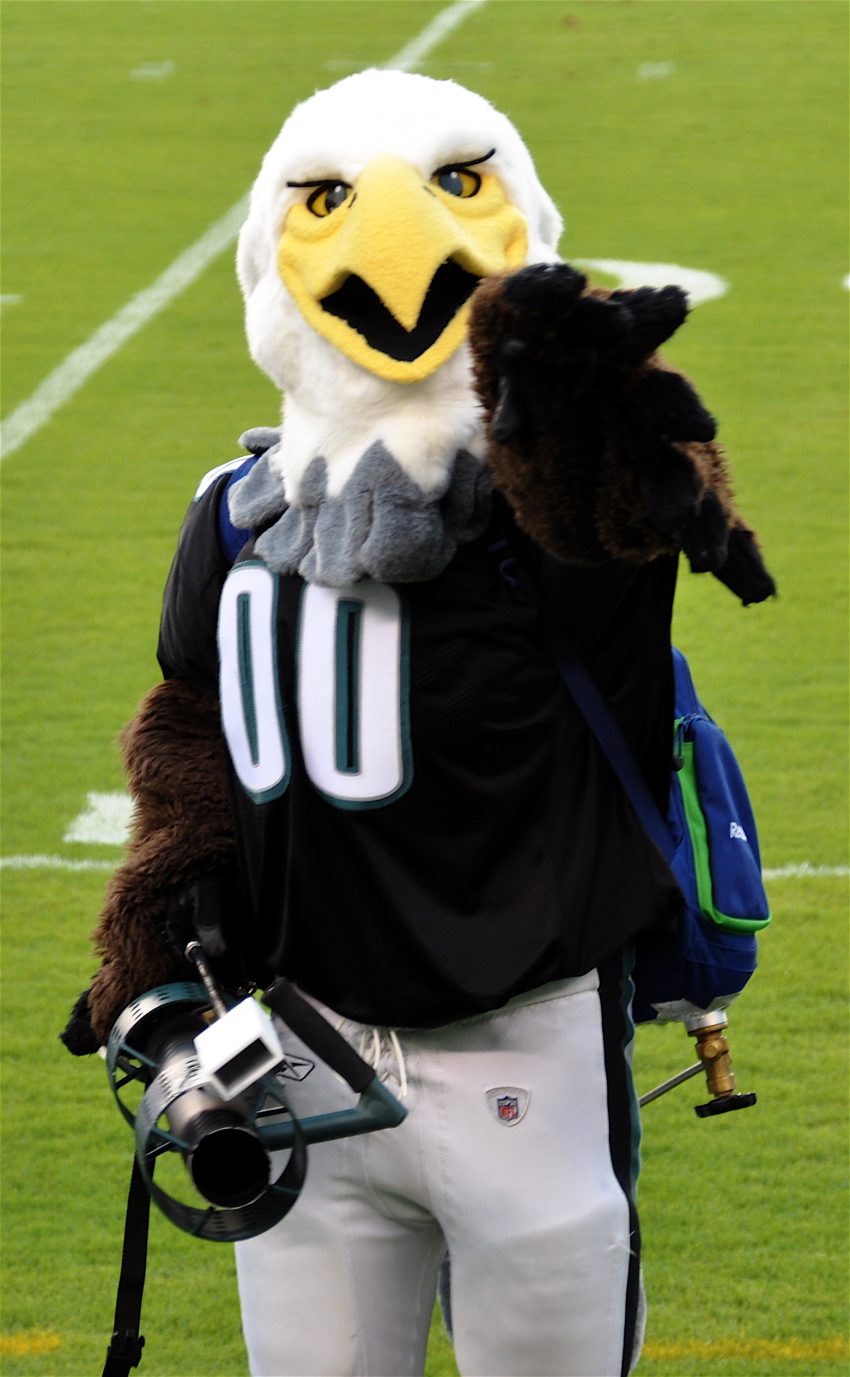The last time a team in the NFC East won the division in back-to-back seasons was the Philadelphia Eagles — who captured the division in 2001, 2002, 2003 and 2004.
Since then, no team in the division has managed to win the title in consecutive years — making the NFC East the longest-running “no repeat champion” streak among NFL divisions.
⸻
Why Can’t the NFC East Repeat?
Here are some of the key factors:
- Competitive Parity & Volatility
All four teams in the NFC East — the Eagles, Dallas Cowboys, New York Giants and Washington Commanders — take turns winning the division. The year-by-year listing shows no team dominating season after season.
Also, injuries, changes in coaching staffs, and roster turnover are frequent in the division — making sustained dominance harder. - Media Market Pressure & Expectations
Because these teams are in major media markets (New York, Philadelphia, Dallas–Fort Worth, Washington D.C.), there’s often intense scrutiny and volatile expectations. That can lead to more aggressive roster moves or mid-season shifts that affect consistency. - Scarcity of True Dynasty Teams Since 2004
Since the Eagles’ run ended in 2004, none of the NFC East teams have built a multi-year dynasty capable of repeating year-after-year. With rival teams adjusting and rebuilding, it’s been hard to sustain a repeat.
⸻
What This Means Going Forward
- For fans and analysts, the lack of repeat champions adds unpredictability to the NFC East. Every off-season change could flip which team wins next.
- For the teams, it emphasizes the importance of consistent management, avoiding major drop-offs, and building deeper rosters that can bounce back.
- For sportsbooks and prognosticators, it suggests caution when predicting the same NFC East team to dominate again — history shows that it just hasn’t happened.
⸻
Final Thought
The NFC East’s two-decade streak without a repeat division champion underscores how difficult it is to sustain excellence in one of the NFL’s most competitive divisions. The last repeat came in 2004 — and until one of the four teams builds a true multi-year run, the streak will continue.


